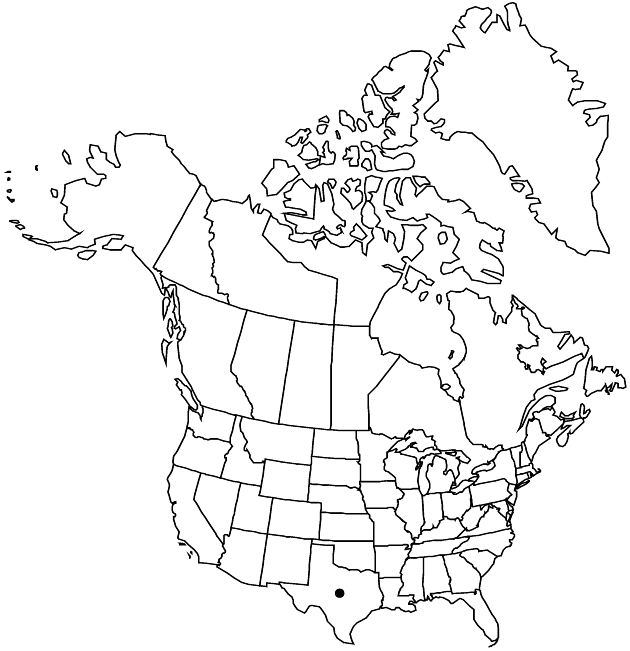Difference between revisions of "Psilostrophe gnaphalodes"
in A. P. de Candolle and A. L. P. P. de Candolle, Prodr. 7: 261. 1838.
FNA>Volume Importer |
FNA>Volume Importer |
Revision as of 18:46, 24 September 2019
Biennials or perennials (rarely flowering first year), (15–)25–40(–50+) cm. Stems arachno-villous (gray to gray-green). Heads in ± loose to crowded, corymbiform arrays. Peduncles (5–)10–25 mm. Involucres 5–6 mm. Rays (2–)3(–4); laminae 4–6+ mm, spreading in fruit. Disc florets 5–9(–12). Cypselae villous; pappi of 4–5 lance-subulate scales 2–2.5 mm (scales ± villous abaxially and margins ± lacerate). 2n = 32.
Phenology: Flowering Mar–Jun(–Dec).
Habitat: Creosote-bush scrub, desert flats, dry banks, limestone soils
Elevation: 300–1400+ m
Distribution

Tex., Mexico (Coahuila, Durango, Nuevo León, San Luis Potosí, Tamaulipas, Zacatecas).
Discussion
Selected References
None.
Lower Taxa
None.